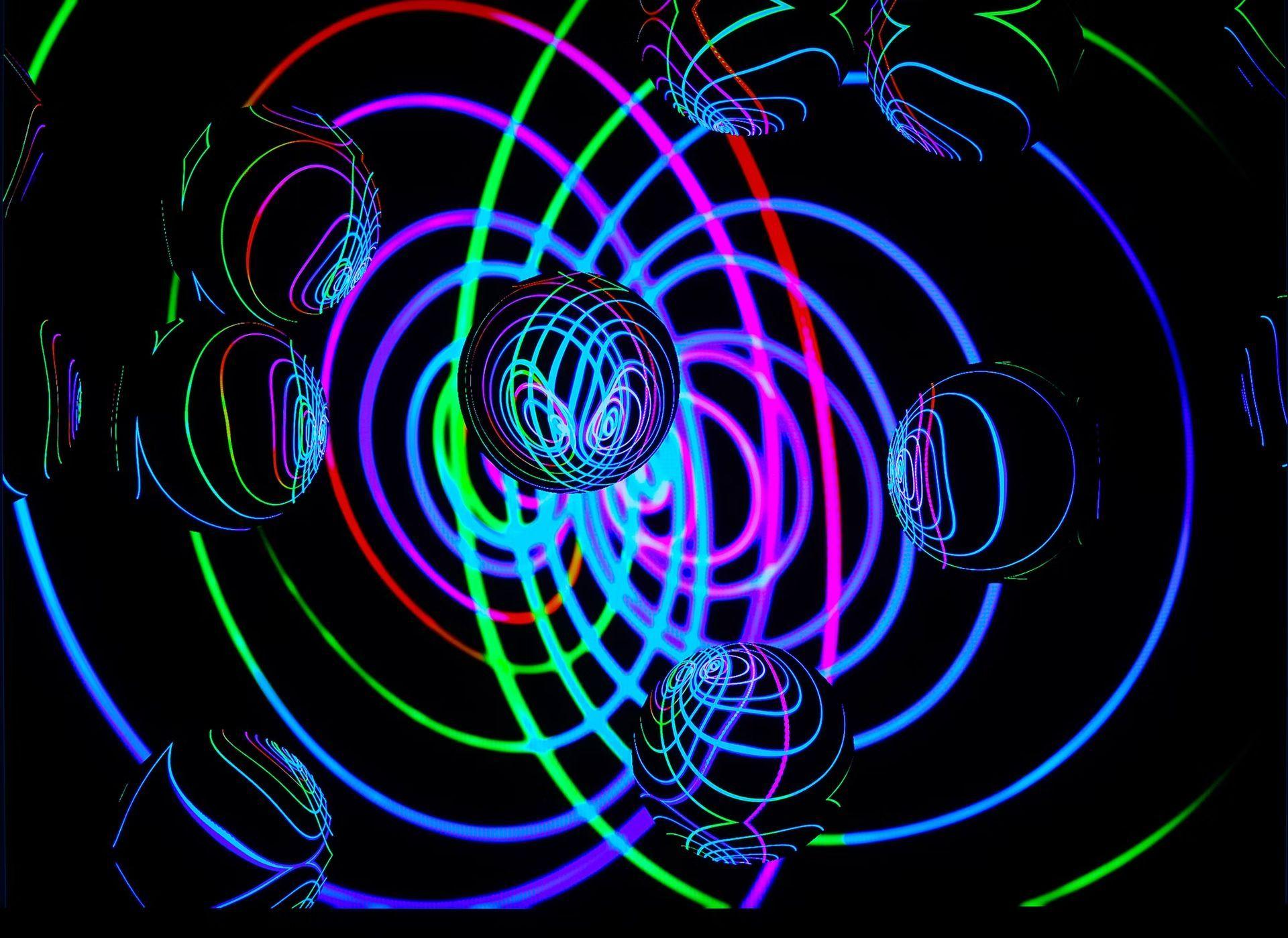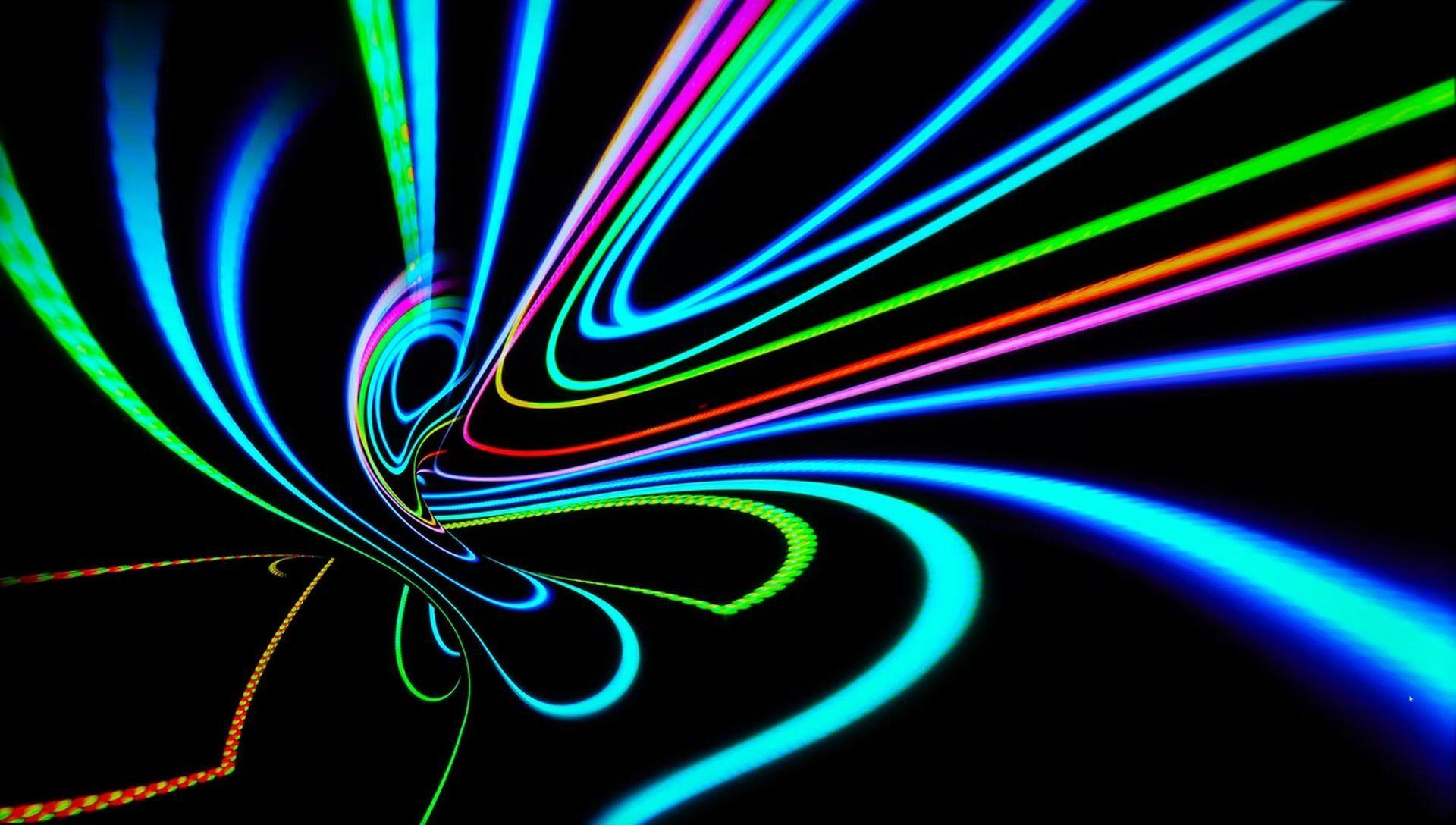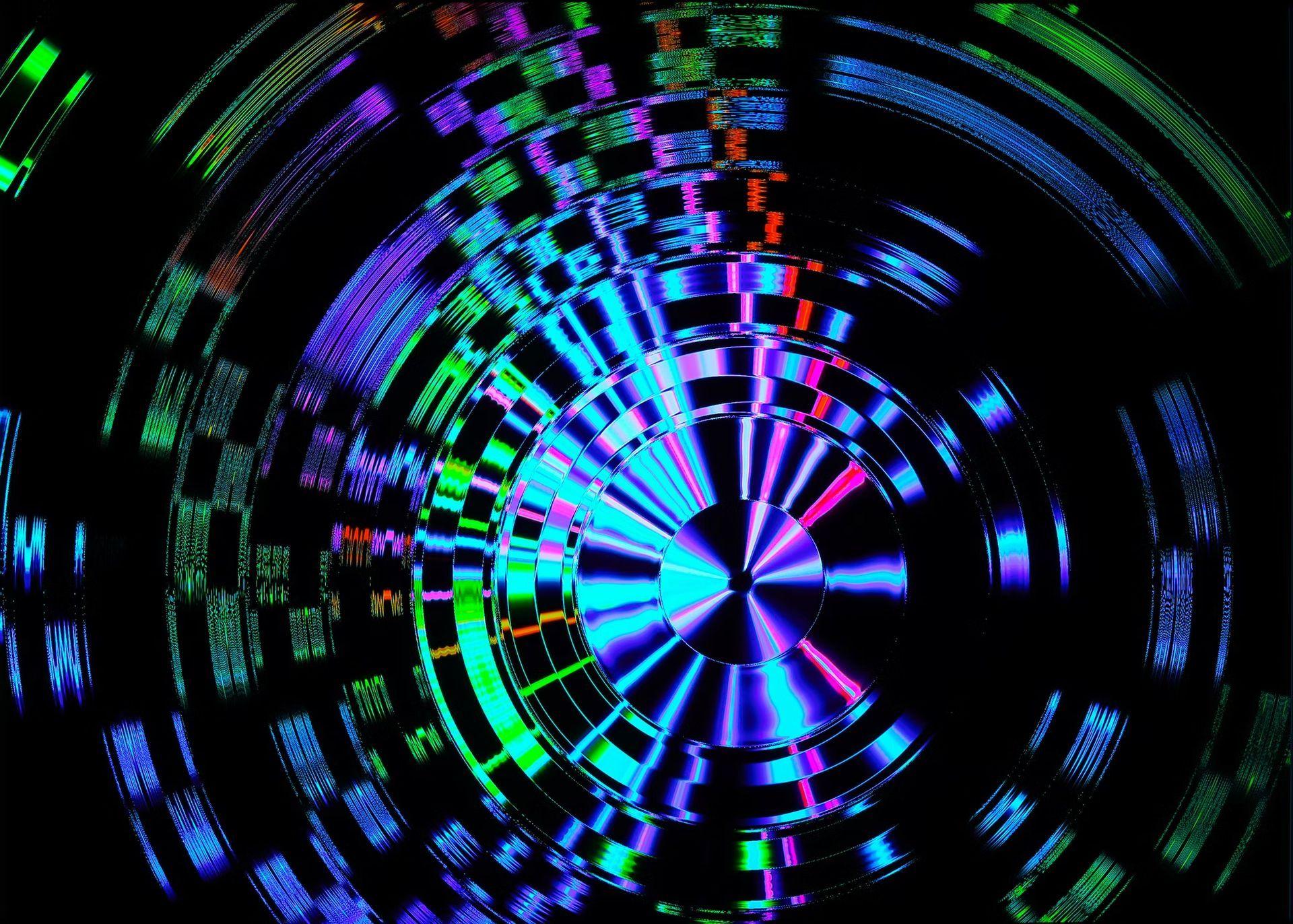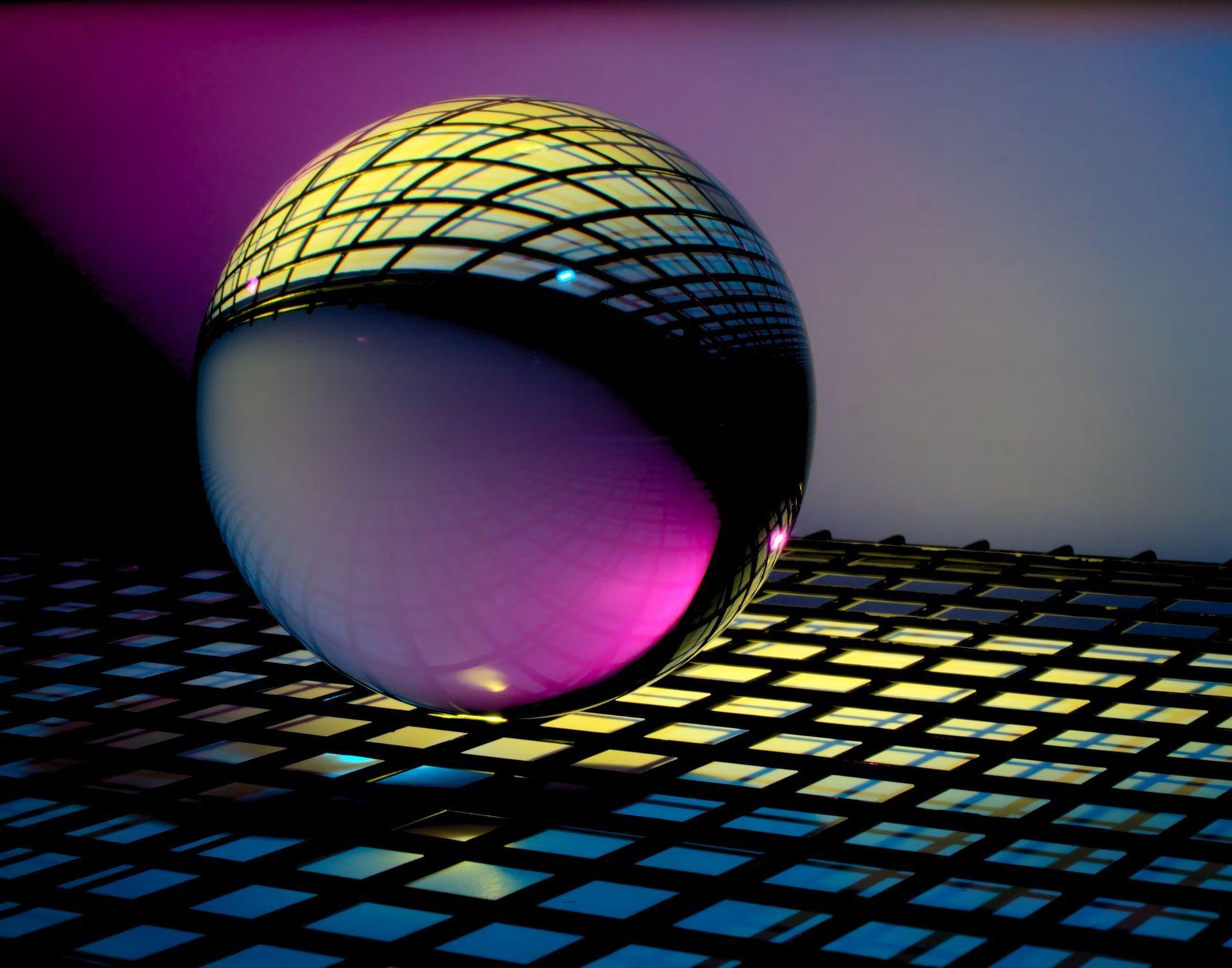Most quantum computers rely on quantum bits, or “qubits,” which may individually represent two numbers, 0 or 1. Researchers have now created a quantum computer based on quantum digits, also known as “qudits,” each of which can encode seven numbers. In addition to offering more processing capability with fewer parts, this computer may be more effective at solving complicated problems than qubit computers.
Qudit computers encode 7 numbers instead of 1s and 0s
Most quantum computers use qubits, whereas classical computers store data as bits (1s and 0s). Qubits can become both 1 and 0 simultaneously in a state known as superposition. In essence, this enables each qubit to carry out two calculations simultaneously. Its processing capability can increase exponentially with the number of quantum-mechanically connected or entangled qubits.

The easiest method of completing computations is to encode data as 0s or 1s. According to the study’s principal author Martin Ringbauer, a quantum physicist at the University of Innsbruck in Austria, limiting these devices to binary data stops them from reaching their full potential.
In other words, 2x computations may be performed on a quantum computer having x qubits. A machine having x qudits, where D is the number of states per qudit, may, nonetheless, do Dx numbers of calculations.
“This means you can encode the same information in fewer quantum particles when using qudits,” Ringbauer explains.
Ringbauer says that qudits “can be entangled in many different ways that are not possible for qubit systems. This is an important advantage, since it allows us to do computations more efficiently.”

For example, the chemistry of innovative battery designs or new pharmaceuticals are complicated quantum systems that scientists believe quantum computers might help them understand. This is where employing qudits may have the most potential for usefulness. Using equally complex quantum components to describe these intricate interactions is optimal. According to Ringbauer, computing these systems with qubits may out to be less effective than doing so with qudits.
P-computers are the future for developing efficient AI and ML systems
An eight-qudit quantum processor, with each qudit being an electromagnetically trapped calcium ion, has been created by Ringbauer and his colleagues. Up to seven of an ion’s states are suitable for computation, while an additional eighth state is used for readout. In the journal Nature Physics, they published a summary of their findings online on July 21.
Qudits have only been the subject of minimal proof-of-concept study in the past. Given that qudits have more intricate structures than qubits, Ringbauer noted that more sophisticated quantum computing gear was required before he and his colleagues could experimentally manipulate qudits.

“Each of the qudit states responds differently to external influences, and many of the tools we commonly use to manipulate qubits do not work the same way in a qudit. You need to find ways to control the qudits and interact with them to create entanglement in an efficient way,” Ringbauer says.
In theory, these computers can run on the majority of current quantum computing systems, according to Ringbauer. Extending the level of control attained with two states to “higher dimensions,” or more states, is a barrier.
“Over the past 10 years, I have been exploring qudits in different experimental platforms, which showed me that there is a lot of unused potential in today’s quantum hardware. When I changed to trapped ions, with their exquisite control and natural high-dimensional structure, I was convinced that this platform was ready for unlocking this potential for quantum computing,” Ringbauer explains.
The quantum boost to AI paves the way for AGI
Quantum components with more than two states can also be used in photonic quantum computers.
“Photonic systems interact very little with their environment. This is a benefit, since it makes them extremely stable against noise, but also a challenge since it makes it quite difficult to entangle them. Trapped ions, on the other hand, are quite sensitive to external influences, so they need proper shielding, but they can be controlled, manipulated, and entangled with very high precision,” Ringbauer says.

We anticipate some degree of inaccuracy in any quantum computer. As a result, researchers will need to put procedures in place to stop or lessen these mistakes. With their more complicated structure, qudits are actually anticipated to be more noise-resistant than the simpler qubits, according to Ringbauer, “If we are able to achieve this experimentally, this would be an important step towards fault-tolerant quantum computers.”
Ringbauer claims that although the new platform “opens a new world of possibilities for quantum technology.”
“What we are still lacking to a large extent at this stage is the software and algorithms that make best use of this added potential. I think qudit quantum-software development will be an exciting field in the near term,” he adds.






